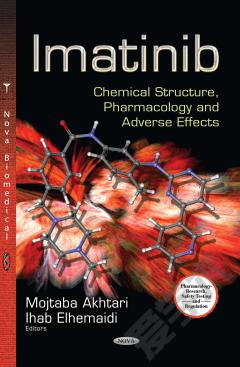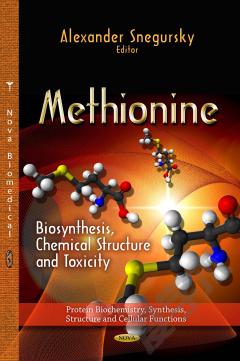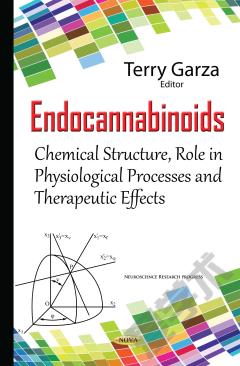Imatinib: Chemical Structure, Pharmacology and Adverse Effects
Imatinib has brought a revolution in the management of Chronic myelogenous leukemia (CML), a disease which had very limited therapeutic options including allogeneic hematopoietic stem cell transplantation and interferon-alpha 10 years ago. The clinical success of imatinib in CML and gastrointestinal tumors (GIST) has brought up a new paradigm in cancer therapy that has very broad potentials. Imatinib is active against a number of related tyrosine kinases, namely ABL, BCR-ABL, KIT, PFGFR, and TEL. Now, as more than a decade has passed since the approval of Imatinib, and after the change of CML from a rapidly fatal disease to a more chronic and manageable disease, we wanted to have a look back at what we know about the drug and its effect on various body systems. Its efficacy, side effects and how to manage its use in non-hematological malignancies is discussed in detail. Gathering all this information in one book will be of immense benefit for healthcare workers including physicians, pharmacists and nurses and this in turn will help them improve the care of their patients. It will also benefit pharmacists who are a source of clinical and pharmacological knowledge. For people undertaking research in the field of hemato-oncology or pharmacology, this will be a useful starting point for reviewing the literature. Imatinib is still being studied in patients in the clinic and laboratory models, and researchers are assessing the use of imatinib in other cancers. The editors have tried to allow information in book chapters to show different aspects and various view points on related issues.
{{comment.content}}








 京公网安备 11010802027623号
京公网安备 11010802027623号